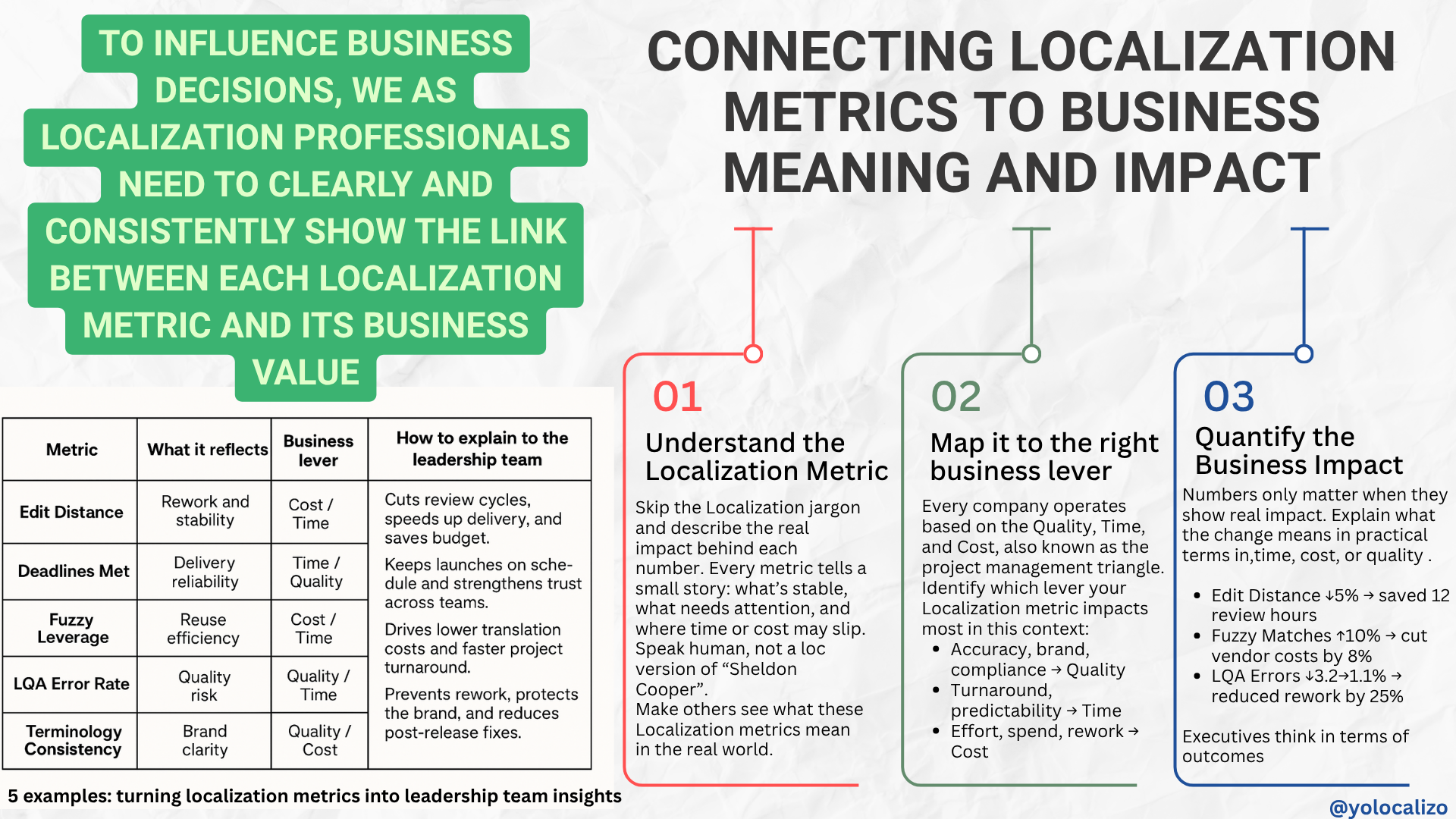Why Cultural Intelligence is Important in a Remote Team
Guilty pleasures ... find a quiet corner in a cafeteria that feels cozy, ask for a glass of patxaran , grab my headphones and get lost surfing the web on topics that are of my interest me ... that's ... without knowing very well how I ended up reaching this website. The Remote Only Work Manifesto
It starts like this:
Remote Only work promotes:
Hiring and working from all over the world instead of from a central location.
Flexible working hours over set working hours.
Writing down and recording knowledge over oral explanations.
Written down processes over on-the-job training.
Public sharing of information over need-to-know access.
Opening every document to change by anyone over top-down control of documents.
Asynchronous communication over synchronous communication.
The results of work over the hours put in.
Formal communication channels over informal communication channels.
Few teams, few industries will further promote point 1 as the localization industry.
And clearly, our industry is very decentralized and works regularly in remote mode. That is an advantage, but it also represents certain challenges.
You can’t beat face-to-face contact for furthering cross-cultural relationships. But we can definitely benefit from Cultural intelligence to minimize these challenges
How? I have spent many years working as part of a remote and multicultural team and there are certain cultural level patterns I found that it works. Below I summarized 5 useful tactics when working or being part of a remote team
1.- Be aware of what you might be missing
Working in remote, not being physically there has a cost, and it is the cost of not being very clear about what we are missing. The Japanese even have a term to refer to this Kuuki Yomenai and it’s applied to someone who has difficulty reading social situations
Mannerisms, body language, what it’s said or even what it’s not said, may not mean what you interpret and it can have multiple meanings. Silence on the part of Asian colleagues may not be rudeness or a failure to understand; they may simply be thinking. Be careful with jumping too quickly into a conclusion of your assumptions. Test your assumptions, wait to give them meaning. Set an example with your body language
2.- Build trust
Trust is built over time and with each action. This is why we should ensure we take responsibility for our actions and be honest in our relationships with others. Do we do what we said we were going to do? Failure to keep our word can destroy trust and credibility.
Different cultures build trust in a different way.
Consider this chart from Erin Meyers from her book The Culture Map where she visualizes the cultures that build trust from executing a task vs the ones that trust is built on the relationship. Take time to know your team and your individual different members. Then reflect on which style is more appropriate when interacting with them
Personally, having worked in the US, Finland, Spain and Brazil I do think Erin has a point when she researched Trust building, trust approach in Rio de Janeiro was quite different for me from what I got when working in Helsinki ….
Working with remote teams can be easy if you trust your offshore employees/peers. Rather than focusing on what your team is doing at every moment, just allow them the work, sit back and evaluate their deliverables.
3.- Celebrate a culture of difference and acceptance
Remove focus on being right, focus on listening to others, Suspend judgment in all forms from your distributed teams, Always encourage a mindset of collaboration and celebrate diversity. Being different is much better as we can combine our strengths instead of “this guy is weird” mindset.
Click HERE to access the very comprehensive research from McKinsey wizards
To know more about diversity I encourage you to have a deep read to this extensive research article from McKinsey where they studied more than 1,000 companies covering 12 countries, measuring different wealth parameters, opportunities and value created
4. Provide Cross-Cultural Training
No one is born with the skill to understand people from foreign cultures; it must be learned. For cross-cultural virtual teams to achieve their potential a continuous learning mindset is required. We can learn how to resist the trap we all fall into when we evaluate situations only from our own perspective. By seeing business from the perspective of others, professionals are able to develop strategies to flex their work style and develop deeper intercultural insights and stronger cross-cultural relationships. If you are looking for some ideas about how to start getting more knowledgeable in cultural intelligence this web site https://culturalq.com/ is a good beginning and this book an excellent start (Leading with Cultural Intelligence)
5.- Create a Team Charter
A high-performing team needs solid guidelines and if we are working remotely this is crucial. We need to create a team charter that serves to clarify performance expectations. This is crucial to ensure our whole virtual team is engaged and on the same page regardless of where they are in the world. Be sure to focus not only on the “what’s” but the “how’s.” It’s as important what we deliver as how we deliver. For example, a team charter might include some simple ground rules for video conferencing. It might include some sort of details explaining how to minimize distractions, like mobile phones and computers. A team- charter will vary from team to team and in virtual teams is crucial to have feedback and buy-in from everyone, regardless of the location he’s working .
A recent article in the Harvard Business Review recommended that a team charter should include these basic foundational tenets:
I agree to be on time, realizing everyone’s time is limited and extremely valuable.
I agree to show respect to every other member of the team and give them the benefit of the doubt.
I agree to give my best effort in accomplishing every task, the team’s mission, and our shared purpose.
I agree not to engage in any gossip about my team members and to put a stop to it if I encounter it.
I agree to communicate early and often pertaining to any time off needed for my personal life.
I agree to handle disputes, perceived offenses, or conflicts with dignity and professionalism.
Treating remote teams with cultural intelligence is critical to the success of our working relationship. When we practice and embrace ideas of communication, empathy, trust, and transparency; we will be more successful and we will get better results from our team. Regardless of whether they are at the next table or thousands of kilometers away.
What do you think? How do you use your cultural knowledge to make the most of your distant relationship with your peers/with your Localization vendors?
Leave the comments below and have a great week!
@yolocalizo




















Even when localization teams aren’t directly affected by a company reorg, everything around them can change fast sponsors move, teams merge, budgets shift.
That’s when weak governance shows its cracks.
This post explores how strong localization governance keeps programs stable, visible, and credible no matter how often the org chart moves.